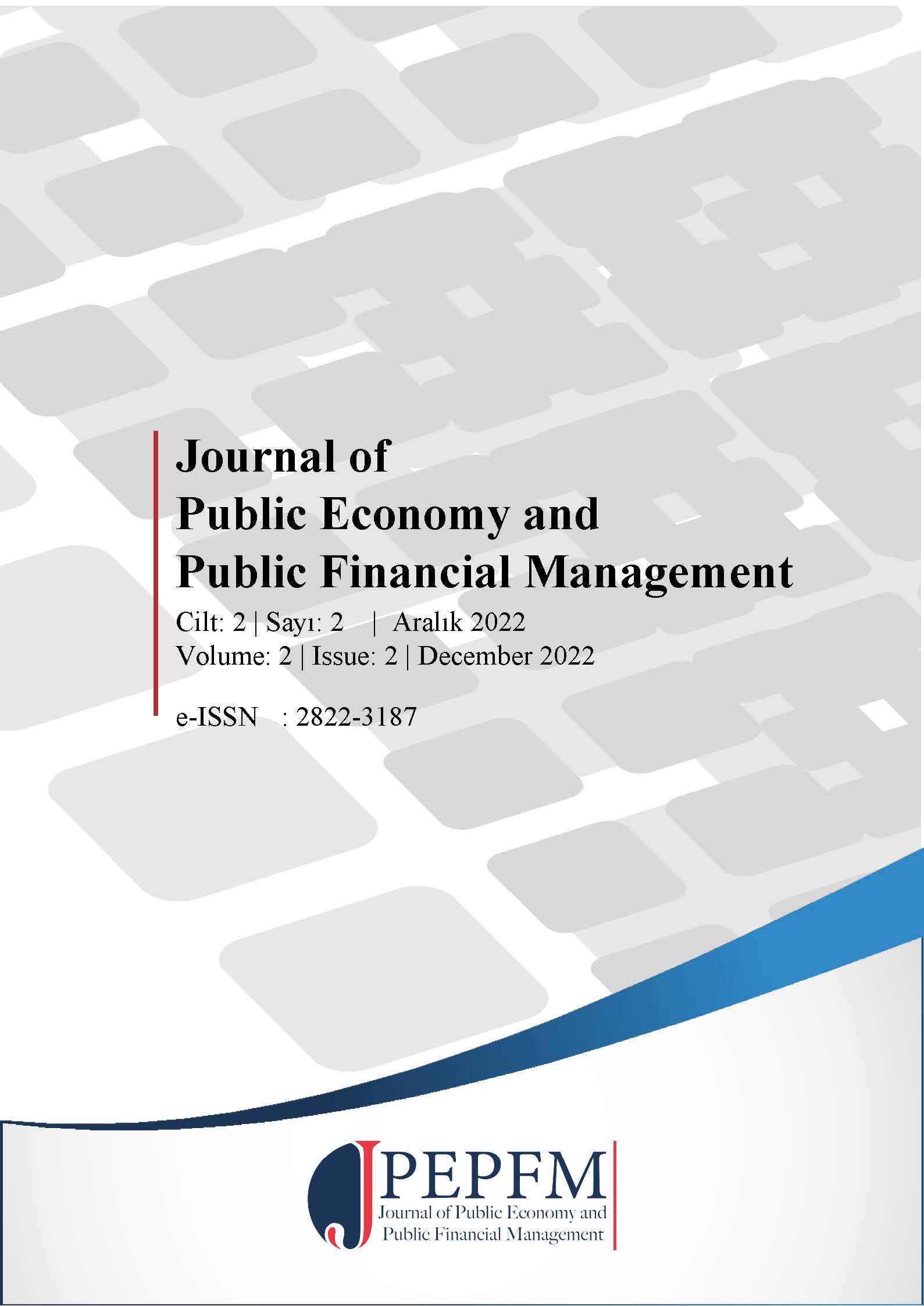A FIELD RESEARCH ON THE EXAMINATION OF CONSUMERS’ UNPLANNED PURCHASE INTENTIONS FROM THE BEHAVIORAL ECONOMY PERSPECTIVE
Keywords:
Behavioral Economics Approaches, Unplanned Purchase Intentions, Online Purchase Triggers, Covid-19.Abstract
While classical economics argued that people are rational in their behavior, decisions and preferences, it ignored the emotional side of people. At this point, one of the most important reasons that led to the emergence of behavioral economics was that classical economics models ignored cognitive bias and heuristic approaches, which express cognitive errors and misconceptions in individuals' attitudes, decisions and preferences, in scientific studies. The foundations of behavioral economics, which fills the gap in people's attitudes, decisions and preferences, were laid by Kahneman and Tversky. In fact, there has been an evolution from “homoeconomicus” to “homosapiens” with behavioral economics. In other words, it can be stated that there is a tendency from rationality to irrationality. This orientation has become the focus of researchers over time. In this study, irrationality, which combines with consumer behaviors, has been examined together with "unplanned purchase intention", which is another concept that is effective in consumer decisions. The aim of the study is to examine impulsive purchase intention and online purchase triggers within the scope of behavioral economics approaches. Additive/subtractive option framing and mental accounting approaches from behavioral economics approaches were used in the study. The hypothetical selection method, one of the behavioral economics methods, was used to analyze the decisions and behaviors of consumers. The scenario questions were not fictionalized, but were prepared in the perspective of real events based on the Covid-19 pandemic. As a result of the study questions developed within the scope of the conceptual model of the study, significant relationships were determined.


